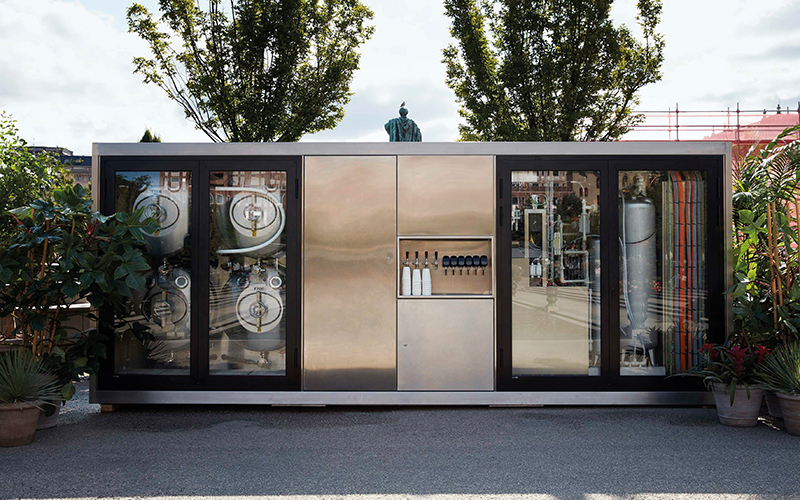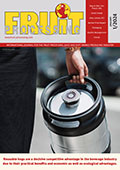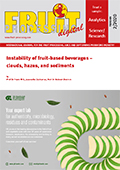Alfa Laval partners with Wayout to develop micro-factories for sustainable water and beverage supply
Alfa Laval has signed a partner agreement with Wayout International, a Swedish innovation company, to develop micro-factories for local and sustainable production of water and other beverages. The micro-factories will use Alfa Laval technology and be built at the company’s site in Copenhagen, Denmark.

Alfa Laval has signed a partner agreement with Wayout International, a Swedish innovation company, to develop micro-factories for local and sustainable production of water and other beverages. The micro-factories will use Alfa Laval technology and be built at the company’s site in Copenhagen, Denmark. The agreement covers the production of up to 100 micro-factories, and the partnership starts in 2022.
Today more than 2 billion people lack access to clean drinking water. Wayout’s micro-factories can treat all types of water and remineralize it to produce high quality drinking water. The fully automated plug-and-play system is powered by solar panels. Producing water locally addresses the challenges of bottling, logistics, and distribution, and reduces the generation of plastic waste.
The partner agreement includes the production of two different micro-factory concepts: one for drinking water and another for brewed beverages.
“This partnership combines Alfa Laval’s technological expertise with Wayout’s innovative processes to accelerate sustainable solutions,” says Nish Patel, President of the Food & Water Division. “It addresses a globally important issue – access to safe drinking water – and we are very pleased our technology is part of the solution.”
Did you know … One micro-factory can produce 70,000 litres of drinking water each month, preventing up to 200,000 plastic bottles and 8 tons of carbon dioxide from entering the eco system.
About Wayout
Wayout was founded in Stockholm in 2018 by a group of entrepreneurs within process engineering, IT/IoT, and tech innovation. Their micro-factories are offered to organizations and entrepreneurs that see the opportunities in locally producing beverages with a minimal eco-footprint.









